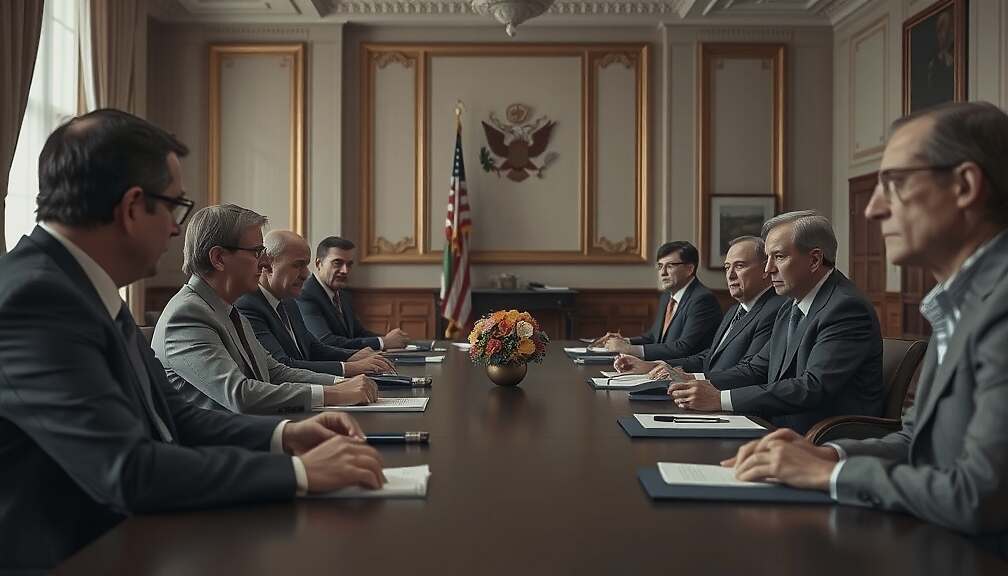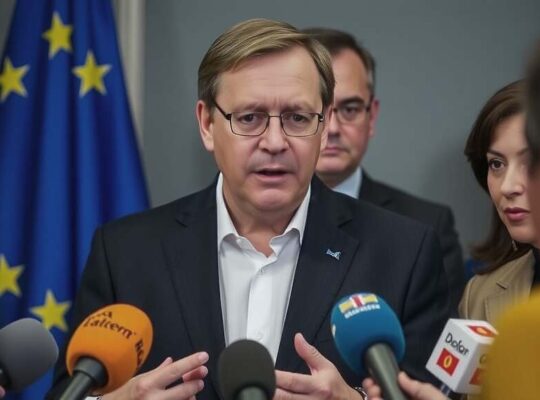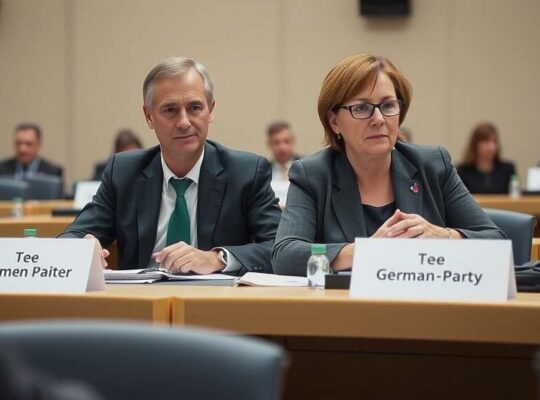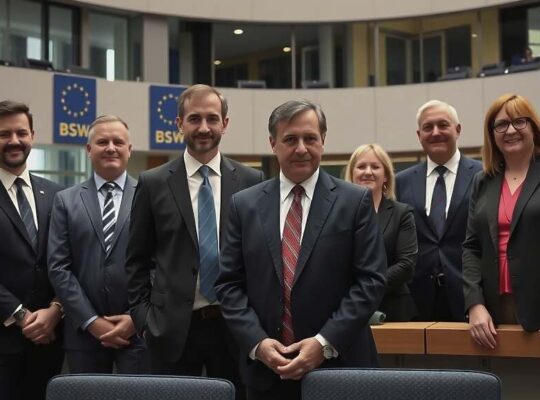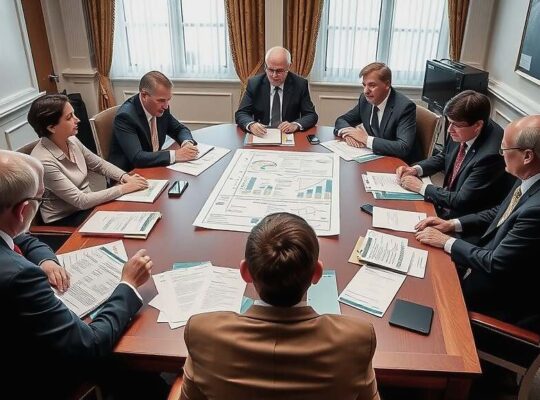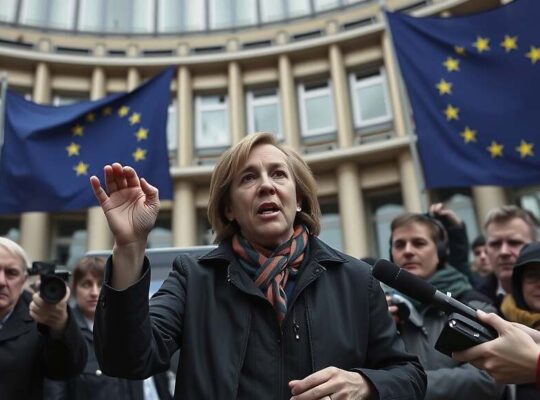The European Commission, spearheaded by High Representative for Foreign Affairs and Security Policy, Kaja Kallas, has presented a comprehensive defense roadmap to EU member states, outlining a strategy aimed at bolstering the European defense industry, accelerating production timelines and maintaining unwavering support for Ukraine. The plan, unveiled Thursday, establishes ambitious goals and milestones intended to bridge capability gaps, expedite defense investments across member states and guide the EU towards a state of full defense readiness by 2030.
The roadmap’s emphasis on a strengthened European defense posture is intrinsically linked to continued solidarity with Ukraine, framing assistance as a cornerstone of the broader security strategy. Four flagship initiatives are proposed to achieve this, including the “European Drone Defence Initiative” “Eastern Flank Watch” a “European Air Shield” and a “European Space Shield” designed to augment Europe’s capacity for deterrence and defense across land, air, sea, cyberspace and space, simultaneously contributing to NATO capability targets.
A key element of the plan mandates the completion of capability coalitions in nine critical areas, fostering collaborative development and procurement to address acknowledged shortcomings. The initiative also prioritizes the creation of a unified EU defense market by 2030, aiming to stimulate both production and innovation. The Commission intends to monitor industrial capacity, beginning with air and missile defense, drones and space systems, amidst ongoing concerns about supply chain vulnerabilities exposed by recent geopolitical events. A continent-wide military mobility zone is slated for completion by 2027, intended to facilitate the swift deployment of troops and equipment across Europe.
EU Commission President Ursula von der Leyen underscored the urgency of the plan, stating that recent threats have exposed Europe’s vulnerability, necessitating the protection of “every citizen and every square centimeter of our territory”. She emphasized the need for unity, solidarity and resolve in response.
However, skepticism lingers regarding the roadmap’s feasibility and the potential for conflicting national interests. Critics point to historical reluctance among member states to pool resources and harmonize defense policies. The ambition to rapidly transform Europe’s economic strength into military power, as highlighted by Kallas, is viewed by some as a politically fraught undertaking, raising questions about the potential for increased military spending at a time of burgeoning social and economic challenges within member states. Furthermore, the roadmap’s reliance on aligning with NATO targets is drawing scrutiny regarding the subtle impact on European strategic autonomy and the risk of becoming inextricably linked to US foreign policy objectives. The success of this initiative hinges on the commitment of all member states and a willingness to overcome deeply ingrained bureaucratic and political barriers.


